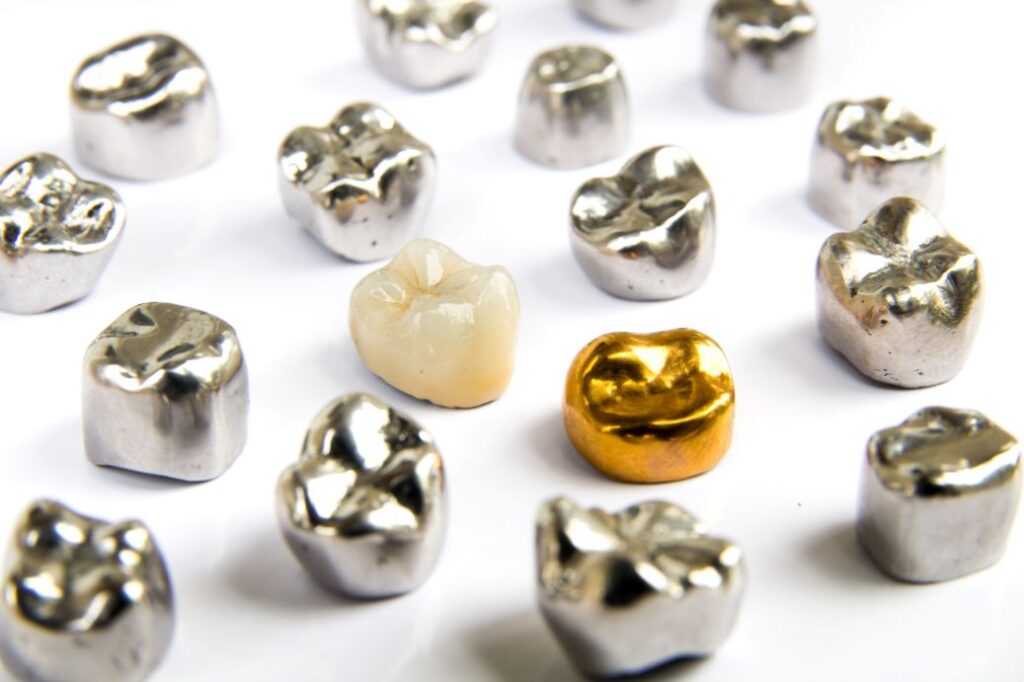Advanced Dental Care of Springfield Blog
Pearly Whites & Red Wines: Protecting Your Teeth This Holiday Season
December 12, 2025

Nothing pairs better with the holidays than great food, good company, and a glass (or two) of red wine. Sadly, the latter can also come with something much less festive—stubborn purple stains that cling to your enamel. If you want to enjoy your holiday favorites without dulling your smile, continue reading. You’ll find some tips to keep your teeth bright while you celebrate and learn how professional teeth whitening can help you start the new year with confidence.
(more…)Savor the Feast, Skip the Stains: Thanksgiving Foods to Watch Out For
November 11, 2025

As you get ready for Thanksgiving, you may be getting your shopping done. After all, you want to avoid the last-minute rush of needing some things! Your list probably includes the ingredients you need to make the turkey, ham, casserole, stuffing, or dessert, to name a few. However, some of these foods can cause stains if you indulge in them too often. Here are several options you may have on your table and how you can keep your smile pristine for holiday photos!
(more…)Should I Whiten My Teeth with Charcoal Toothpaste?
October 21, 2025

Dental staining is one of the most common complaints people have about their teeth, so it’s not that surprising to find so many different whitening products in the store. You may have noticed that one product in particular, though, is taking up more and more space on the shelves: charcoal toothpaste.
Is there a good reason for the apparent popularity of charcoal toothpastes? And if so, should you use it to whiten your teeth from home? Here’s what the experts (and your dentist!) are saying.
(more…)How to Avoid Sensitivity After Teeth Whitening Treatment
September 18, 2025

If you have ever had your teeth whitened, it is possible that you will experience pain or discomfort afterward. Teeth whitening is an effective way to address discoloration and enhance your confidence, but is it worth the discomfort afterward? Is there any way to avoid this? The good news is that sensitivity related to teeth whitening is temporary and there are ways to lessen this in the future. Read on to learn why this happens and how you can avoid it.
(more…)How to Make Your Dental Crown Last as Long as Possible
August 14, 2025

If your tooth has suffered excessive damage in the form of a large chip, crack, infection or decay, you may have been treated with a dental crown. Dental crowns are deluxe fillings that fit over the tooth like a cap, restoring their appearance and function, and blending seamlessly into your smile. But just how long can you expect your new restoration to last? Here’s a closer look at dental crowns, and what you can do to ensure yours lasts for as long as possible.
(more…)